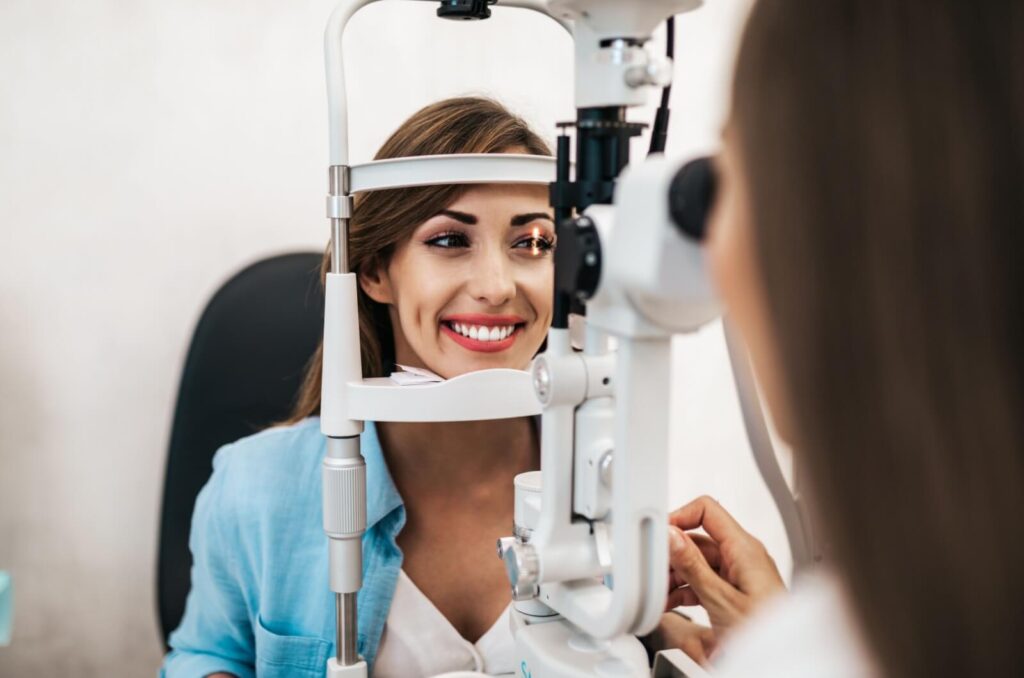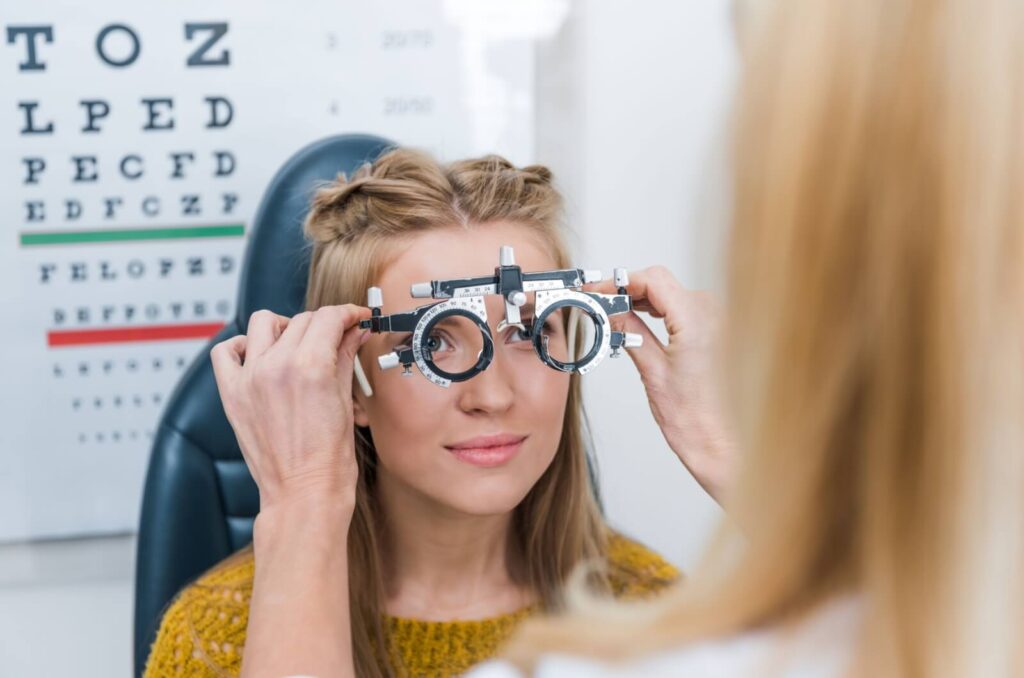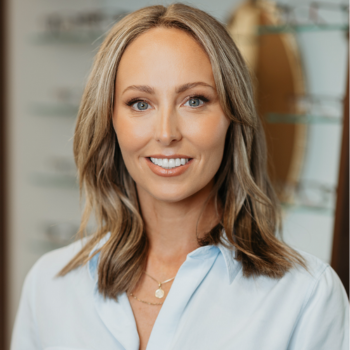BC Medical, or the Medical Services Plan (MSP), is the provincial healthcare program for residents of British Columbia. It covers a wide range of medical services, including visits to doctors, hospital stays, and prescription drugs.
One common question that often arises is whether BC Medical also covers eye exams. The short answer is yes, BC Medical does cover a portion of the eye examination fees. However, there are certain exceptions and limitations to this coverage.
BC Medical covers a portion of eye examination fees for certain age groups: children under 19 receive routine coverage, while adults over 65 are eligible for annual exams. For adults aged 19-64, coverage is limited to medically necessary exams, including annual monitoring for individuals with diabetes.
In particular, services such as contact lens fittings and prescription eyewear are not covered, and not all eye doctors accept BC Medical, so it’s advisable to verify coverage with your provider.
What is Covered By MSP?
Under the Medical Services Plan (MSP), a full eye exam is partially covered for those under 19 years of age or above 65. This includes basic eye examinations performed by an optometrist or ophthalmologist. These exams may include tests such as visual acuity, eye pressure, and screening for common conditions like glaucoma.
Adults between 19–65 who have specific medical conditions such as glaucoma or cataracts may be eligible for some coverage through MSP Supplementary Coverage.
For those with diabetes, MSP also covers a portion of the fees for annual monitoring of their eyes to check for any changes or complications related to their condition. These exams are important to schedule, as diabetes can often lead to vision problems if not properly managed.
In some cases, insurance plans provided by employers may also cover vision care services like eye exams. It’s important to check with your employer or insurance provider to see if you have coverage for eye care services.
Out-of-Pocket Expenses
While MSP offers partial coverage for medically required eye exams, there are still some expenses that may not be covered under the plan. For example, services such as contact lens fittings and prescription eyewear aren’t included in MSP coverage. These costs would need to be paid out-of-pocket by the patient.
Certain visits might be partially covered by MSP. If your eye doctor follows the Soft Opt Out Plan, this means you will have to pay any additional amount not covered. iSight Optometry follows the Soft Opt Out Plan, so all MSP-eligible services will have a co-pay, which you can pay either out-of-pocket or with medical insurance.
Additionally, it’s important to note that not all eye doctors accept BC Medical. Before scheduling an appointment, it’s advisable to verify with your provider whether they accept MSP coverage or not.
While MSP provides partial coverage for basic eye examinations and annual monitoring for certain groups of individuals, it’s important to consider additional options for coverage when it comes to eye care services. This can help ensure that all your vision needs are properly addressed and covered.
Alternative Coverage Options
If you don’t have coverage through an employer or MSP Supplementary Coverage, there are other options available for eye care services:
- Private insurance plans: These can be purchased individually or through group plans, and may offer coverage for eye exams, glasses, and contacts. It’s important to carefully review the coverage options and premiums before choosing a plan.
- Health spending accounts (HSAs): Some employers may provide HSAs as part of their benefits package. These allow employees to allocate a certain amount of pre-tax dollars towards health care expenses, including eye care services.
- Government programs: For those who are eligible, there are government programs such as the Federal Public Service Health Care Plan that provide vision care coverage for federal public service employees and their dependents.
It’s always recommended to thoroughly research and assess these alternative options before making a decision. It’s also important to factor in the cost of each option and compare it to the potential out-of-pocket expenses without coverage.
The Importance of Eye Exams

No matter what coverage option you choose, it’s essential to prioritize regular eye exams. These exams not only detect and monitor vision issues, but they can also help identify other health concerns such as diabetes, high blood pressure, and even brain tumors. Early detection is key in treating these conditions and can ultimately save your vision or even your life.
It’s recommended that healthy adults have a comprehensive eye exam every two years to maintain good eye health and detect any potential issues early. However, adults with certain risk factors, such as diabetes or a family history of eye disease, may benefit from annual exams.
During the exam, your doctor will assess your visual acuity, check for any signs of eye diseases or conditions, and determine if you need a new prescription for glasses or contacts.
Experience Quality Eye Care with MSP Coverage at ISight Optometry
MSP offers some basic eye care coverage, but it might not meet all your vision needs or be accepted by every eye doctor. That’s why it’s important to look into alternative coverage options and find one that suits your needs. This way, you can get proper eye care without facing high out-of-pocket costs.
Always check with your provider to see if they accept MSP coverage before making an appointment.
At ISight Optometry, we accept MSP coverage and are committed to providing high-quality eye care for all our patients. We also provide direct billing to most insurance plans. Our team of experienced optometrists and staff are dedicated to helping you maintain healthy vision and find the best solution for your visual needs. Schedule an appointment with us today and let us help you see the world with clarity.





